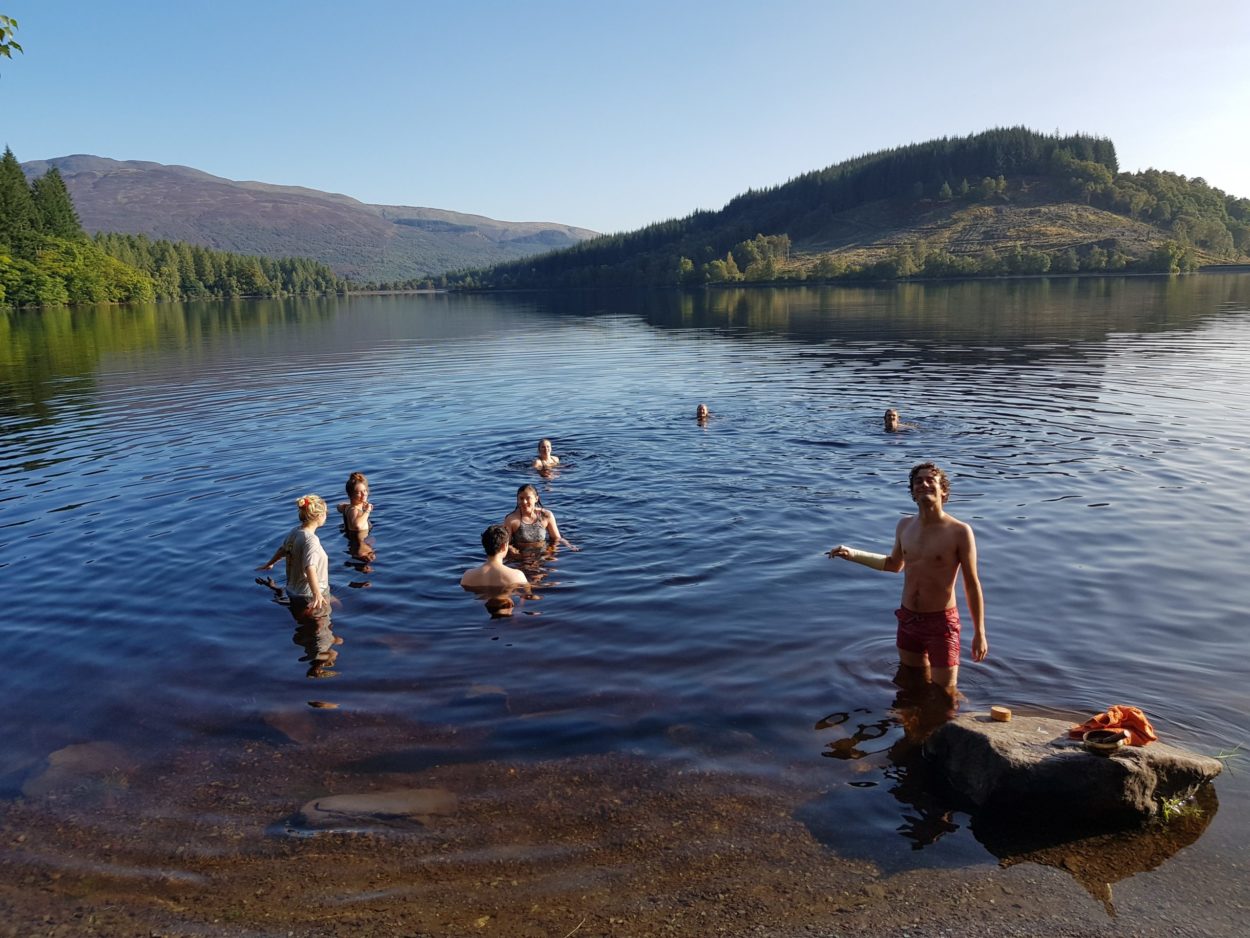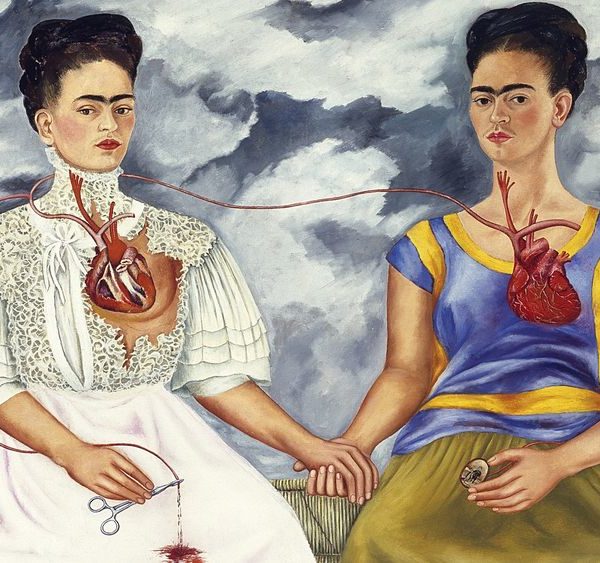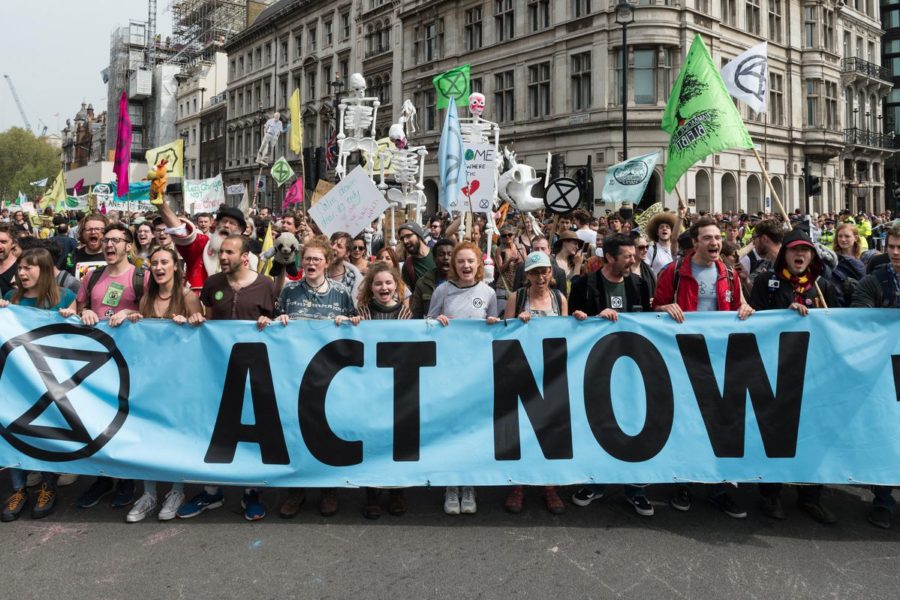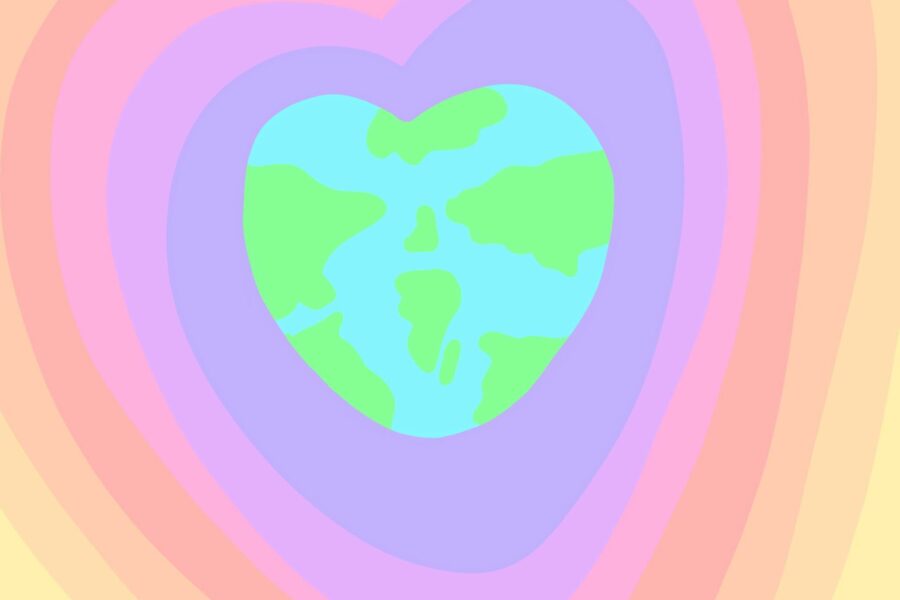If someone asked you about your relationship with the environment, what would you say? Would the image that comes to mind be one of a vast, far-off entity, perhaps embodied by burning rainforests and polluted oceans, or would it be of your local park, maybe the nearest nature reserve? Does it matter?

Nature vs Culture: the importance of (dis)connection when thinking about the environment
Meg Reynolds, Environmental Editor
Depending on where in the world you are, how you were raised, and the culture you claim as your own, answers will differ greatly. Your description will be defined largely by one key aspect: the distance that you believe lies between you and the environment. Are you two separate entities, or is there a level of connection there that blurs the lines beyond distinction?
In industrial capitalist societies, we are socialised to think of ourselves as different, even superior, to the concept we call ‘nature’. Humans are disconnected from the rest of life; something sets us apart, and that something also gives us the right to dominion over all of nature. This mindset is ancient – see the Bible, where God creates all earth for Adam and Eve to rule over eternally – and is so deeply ingrained in the way we think, it’s almost impossible to see alternatives. Influential thinkers such as Descartes who still bear relevance in Western society deemed all non-human life as inferior, only holding value based on their usefulness to humans. Even the terminology we use illustrates something to be used, exploited: natural resources, a supply of natural products to be dipped into and consumed at will. Many modern societies are structured entirely on the basis that our planet has an infinite supply of resources, neglecting to consider that maybe the way we view things is neither sustainable nor ethical.
Why are we so insistent on this dichotomy of human and nature? It has certainly served many of us until now, but it’s starting to become clear that it can no longer serve us – and honestly, I don’t think it should.
What would happen if we rethought our relationship to our environment, and connected with it? If exploitation became mutual support, and if we started accepting all life as having intrinsic value, not based on its value to us?
Bhutan is an example of a country that has successfully built a system of governance with environmental issues at the heart of decision-making. Largely influenced by the Buddhist beliefs around spiritual fulfilment and connection to nature, Bhutan does not use the universal measurement of Gross Domestic Product to determine the progress of the country, but instead Gross National Happiness, a system designed specifically to measure the wellbeing of its citizens and of the ecological systems they live alongside. By including in its constitution the promise to maintain at least 60% of forest coverage across the country, it has remained one of only two countries to absorb more carbon than it emits. Unsurprisingly, none of this has been detrimental to its economic position – investment in hydropower and a focus on wellbeing have led to a steady increase in economic development, as well as a decrease in extreme poverty and gender inequality.
Not only will a re-established relationship with the environment benefit nature, but it will also work wonders for your own wellbeing. The arrival of global and national lockdowns has certainly highlighted the importance of spending time outdoors, amongst greenery and within earshot of the birds. Getting up close and personal with beings humans usually prefer to brutally exploit can refresh you, relax you, and remind you of the real value of life. In the way that humans suffer without connection to each other, we suffer without connection to the vitality and consistency of non-humans. Learning to understand that each non-human is not only different but equal and worthy in its own right can shift your whole perspective on life, unlocking kindness, freshness and power inside you.
Whether you consider yourself an environmentalist or not, I would encourage you to think about how you are connected to the natural world. All across the globe people are speaking up about the climate crisis, yelling to everyone about the urgency of the situation, unable to stay quiet any longer as they watch the natural world crumble and burn. Humanity has spent so long staying disconnected – exploiting species, draining resources, destroying ecosystems – because we have believed it’s our inherent ‘right’. If we maintain this attitude, we will never be able to fix the mess we have created. Environmental protection begins first and foremost with the belief that the environment is something which deserves to survive purely because it is alive, not because we need it, or because weas humans are threatened. And for us, as individuals, whatever measures we decide to introduce into our lives, the most important thing is to love the natural world. To be connected to it and feel part of it, and to understand that we are not separate. Everything else comes afterwards. If disconnection created the climate crisis, then reconnection is how we begin to tackle it.
And as much as you love the natural world, remember it loves you too. When you feel overwhelmed and hopeless, all you need to do is take a walk somewhere green or snuggle with your dog, and you’ll be reminded of the good in things. Sharing in the brightness and liveliness of the world we live in is just as important as fighting to save it – something I certainly forget a lot when I get stuck in a headful of despair and anxiety.
Fixing our relationship with the environment is essential because nature is unavoidable. It is everywhere and it is essential to life. Without the natural world, there is no humanity, and this illusion we have created of superiority and disconnect will no longer protect us from reality. In the words of indigenous activist Casey Camp-Horinek: “if you eat, if you breathe, if you drink water, then it’s an undeniable connection between human and nature”.








Leave a Comment